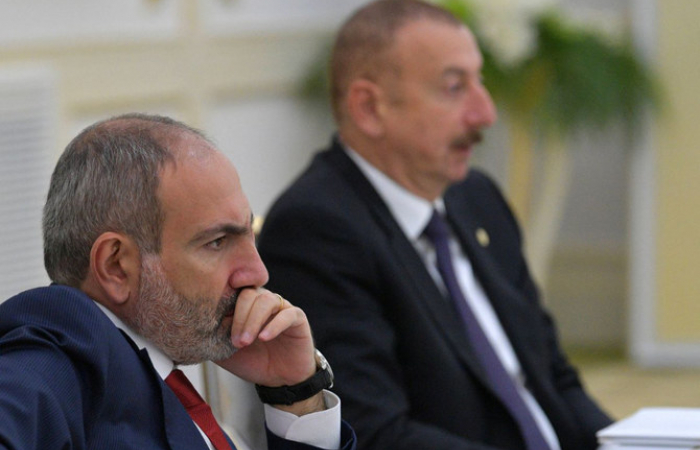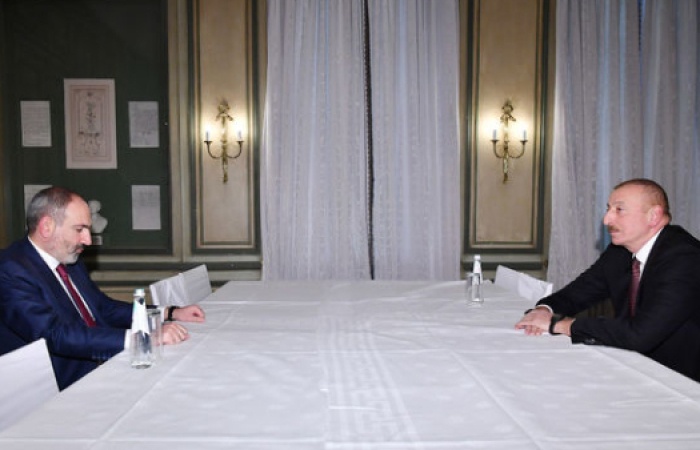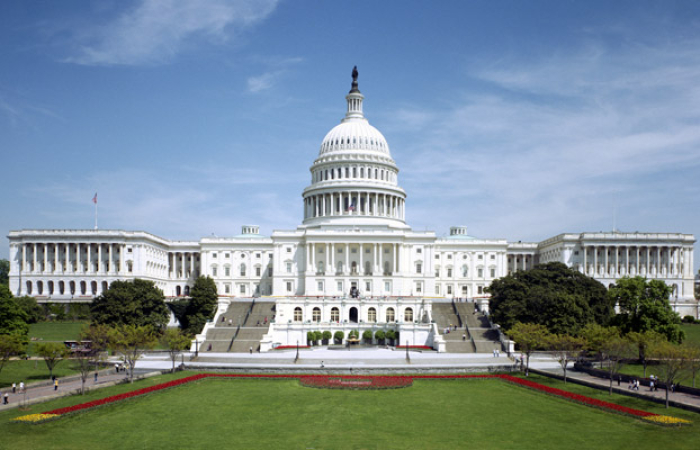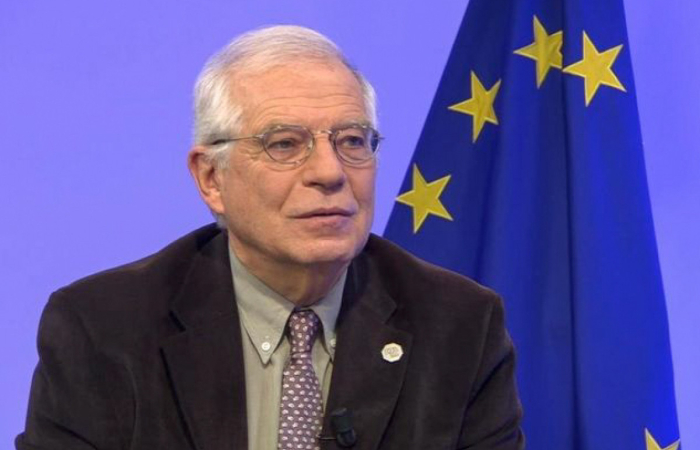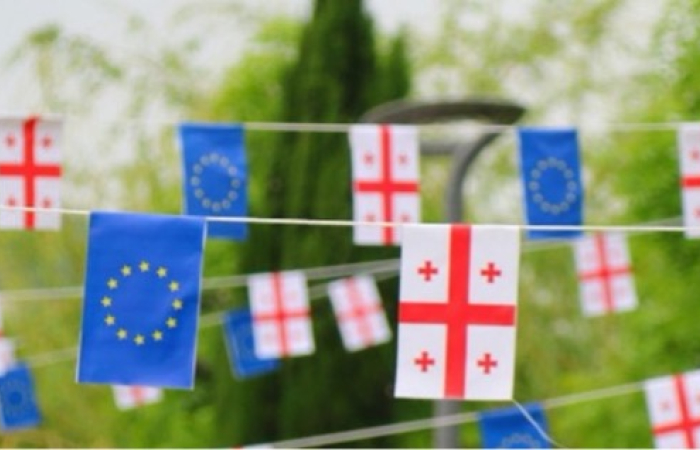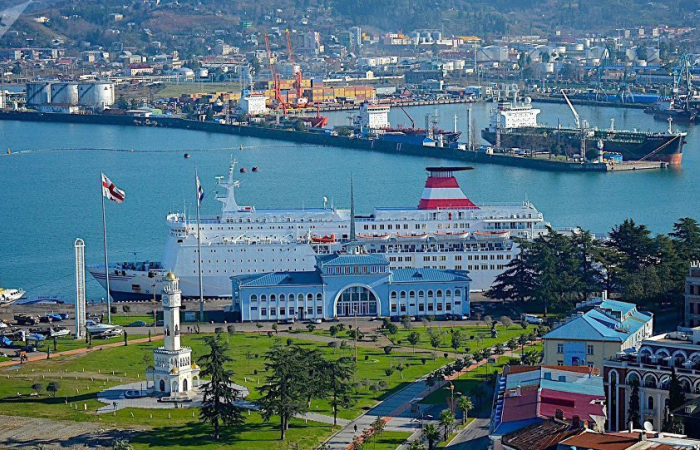Editor's choice
This is a members’ functionality. Please
Sign upNews
Trending
UN Security Council finally adopts resolution on Gaza
16 November 2023
The UN security council on Wednesday adopted a resolution calling for urgent and extended humanitarian pauses and aid corridors throughout the Gaza Strip.
They should remain in place for a sufficient number of days so that aid is able to reach civilians who need it, the council said, especially children, who are mentioned in almost every paragraph of the resolution.
The vote marked the first time council members have managed to adopt a resolution related to the war in Gaza.
The resolution also calls for the release of all hostages and for all sides to refrain from depriving Gazan civilians of the basic goods and services that are critical to their survival.
It further demands the urgent implementation of recovery efforts to find those trapped under rubble of damaged and destroyed buildings. Throughout the resolution, the council also rejected the forced displacement of Palestinians.
Twelve of the 15 council members voted in favor of the resolution, with US, UK and Russia abstaining.
Before the vote, Russia’s representative, Vassily Nebenzia, proposed an amendment calling for “an immediate, durable and sustained humanitarian truce leading to the cessation of hostilities.” This was voted down by the council, with only five members voting for it, including the UAE. The US voted against it and the nine remaining members abstained.
The US and Russia have both accused each other of blocking attempts to agree on action related to the conflict in Gaza. The council, the UN body responsible for maintaining international peace and security, failed to adopt four previous draft resolutions, exposing the bitter divisions between members.
The US has been adamant about rejecting any language that calls for a ceasefire, does not assert what Washington describes as “Israel’s right to self-defense,” or fails to unequivocally condemn Hamas for its actions.
The twelve members of the UN Security Council who voted for the resolution were: Albania, Brazil, China, Ecuador, France, Gabon, Ghana, Japan, Malta, Mozambique, Switzerland and the United Arab Emirates.



